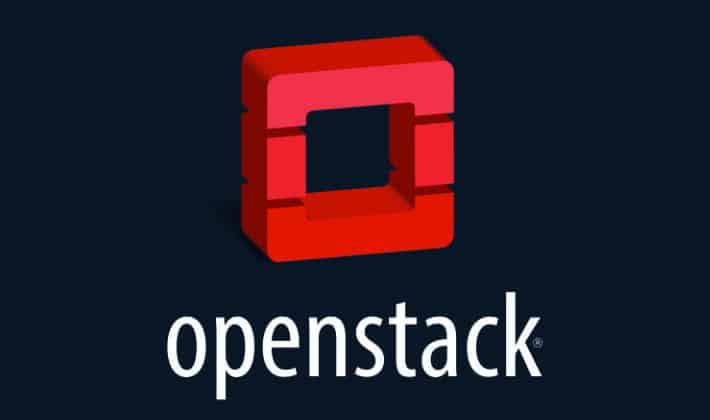The OpenStack Foundation is now the Open Infrastructure Foundation, with a broader portfolio.
At this week’s OpenStack virtual developer conference, the foundation announced that it is changing its name to the Open Infrastructure Foundation. Speaking at the “Open Infrastructure Summit” the foundation’s executive director Jonathan Bryce explained the reasons behind the move.
The new foundation builds “on the groundwork that our community has laid over the last 10 years,” said Bryce. The project is “really going out and tackling all of this opportunity that lies ahead of us in the next decade of open infrastructure.”
The new group will pivot to focus more on other “non OpenStack” projects. These include Airship and StarlingX, both of which have garnered deployments in support of 5G networks from AT&T and Verizon. OIF’s other projects include Kata Containers, Zuul, and the Magma project.
New initiatives drive the new foundation
The Magma Project is a way to create 4G LTE, 5G, and carrier WiFi networks at a much lower cost. This in turn allows operators to deploy more networks in more places. It especially helps in places underserved in terms of their mobile access or the quality of their mobile networks.
Bryce and foundation COO Mark Collier used the Open Infrastructure Summit to make other announcements. One was OpenInfra Labs, a collaboration between universities and industry. The project is aimed at making it easier to launch complex open source projects. They also announced four more platinum members: Ant Group, Wind River, FiberHome and Facebook Connectivity, where Magma originated.
What will happen to OpenStack?
The Open Infrastructure Foundation is expected to start adding new projects next year, but the OpenStack project will still continue. The latest OpenStack release, called “Victoria,” launched last week. It includes additional Kubernetes integrations, improved support for various accelerators and other features.
In short, nothing will really change for OpenStack now that the foundation is changing its name. In fact, the project may end up benefitting from the more diverse community engendered by the new Open Infrastructure Foundation.
